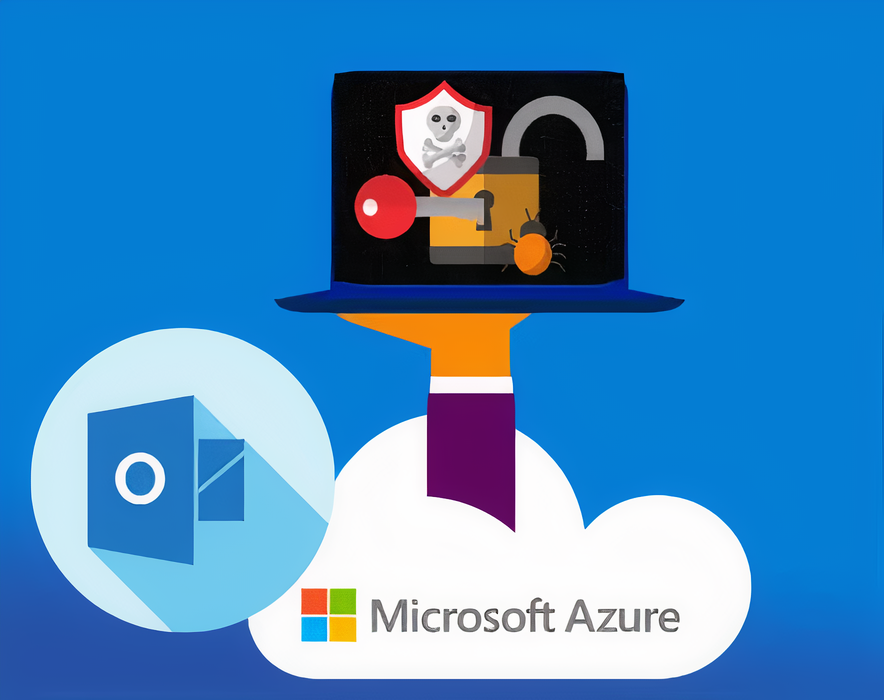
What Happened with the Microsoft Security Issue?
In simple terms, a group of digital burglars, often referred to as Advanced Persistent Threat (APT) actors, got hold of a special digital 'key'. They're known as Storm-0558, and there's reason to believe they're connected to China. This key let them pretend to be users of Microsoft's online services, which include popular tools like SharePoint (used for sharing and managing documents and content), Teams (for chat and video meetings), OneDrive (for saving files online), and more.
The key was used to trick the system into thinking they were real, authorized users. With it, they got into places they weren't supposed to, like people's emails and documents in Microsoft 365. The scary part? They could have potentially gotten into a lot more places than we originally thought.
How Big Is the Problem, Really?
Here's where it gets tricky. Think of it as trying to figure out what the burglars took from your house, but you're not sure what was in the house to begin with. Many organizations don't keep detailed 'logs' or records of who comes in and out of their online systems. So it's really hard to know how much was compromised. We're talking weeks, if not months, to figure it all out.
What Can Be Done Now?
The good news is Microsoft has already changed the locks — they've cancelled the stolen key. But there might still be some risk. Why? Imagine if the burglars, while inside the house, made copies of other keys or found a hidden door that can't be locked. The same thing might have happened here: the APT actors could have created other ways to get back in, or there might be apps that didn't get the memo about the lock change and are still using the old key.
To tackle this, Microsoft suggests everyone update their security measures, like refreshing trusted certificates and making sure all systems are updated.
Lessons from this Incident
This security issue is a wake-up call about trust in online services. It highlights the importance of keeping track of who's accessing our systems and making sure our digital locks are secure. While the situation is far from ideal, it's an opportunity to learn and improve how we protect ourselves online.